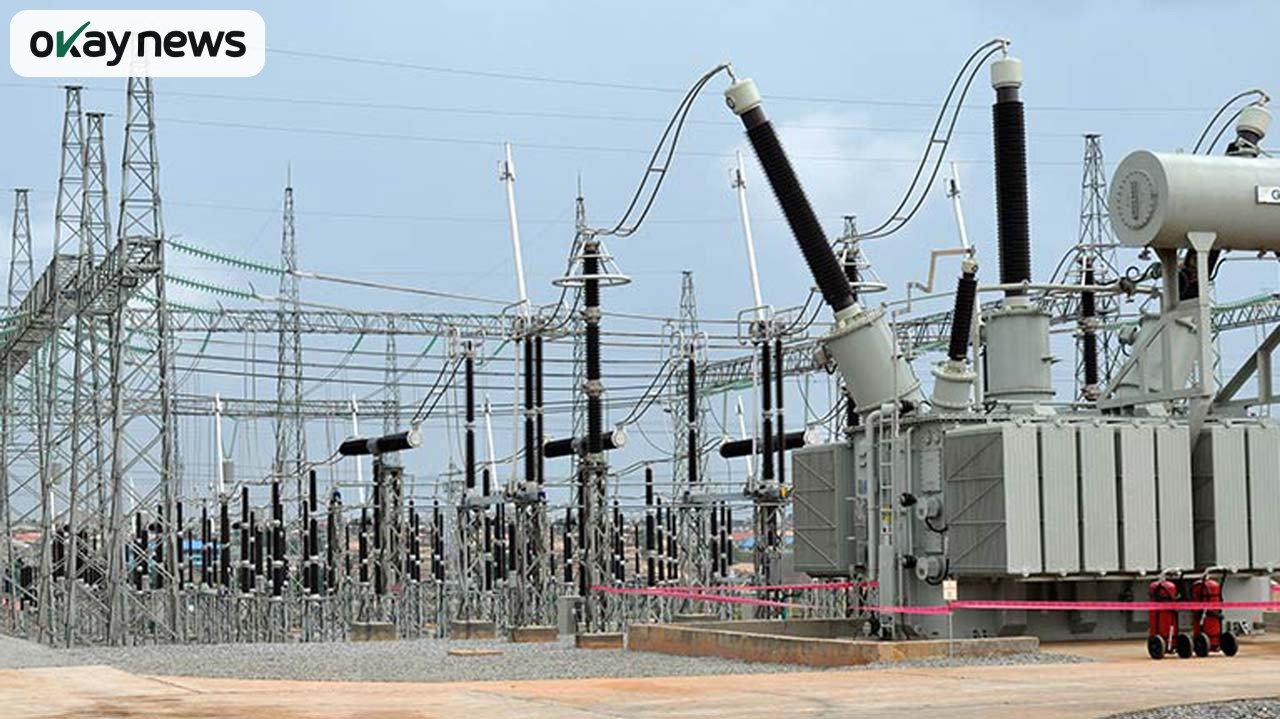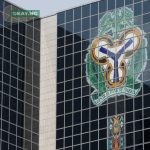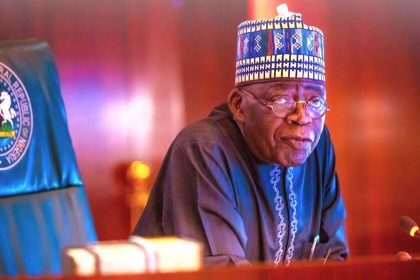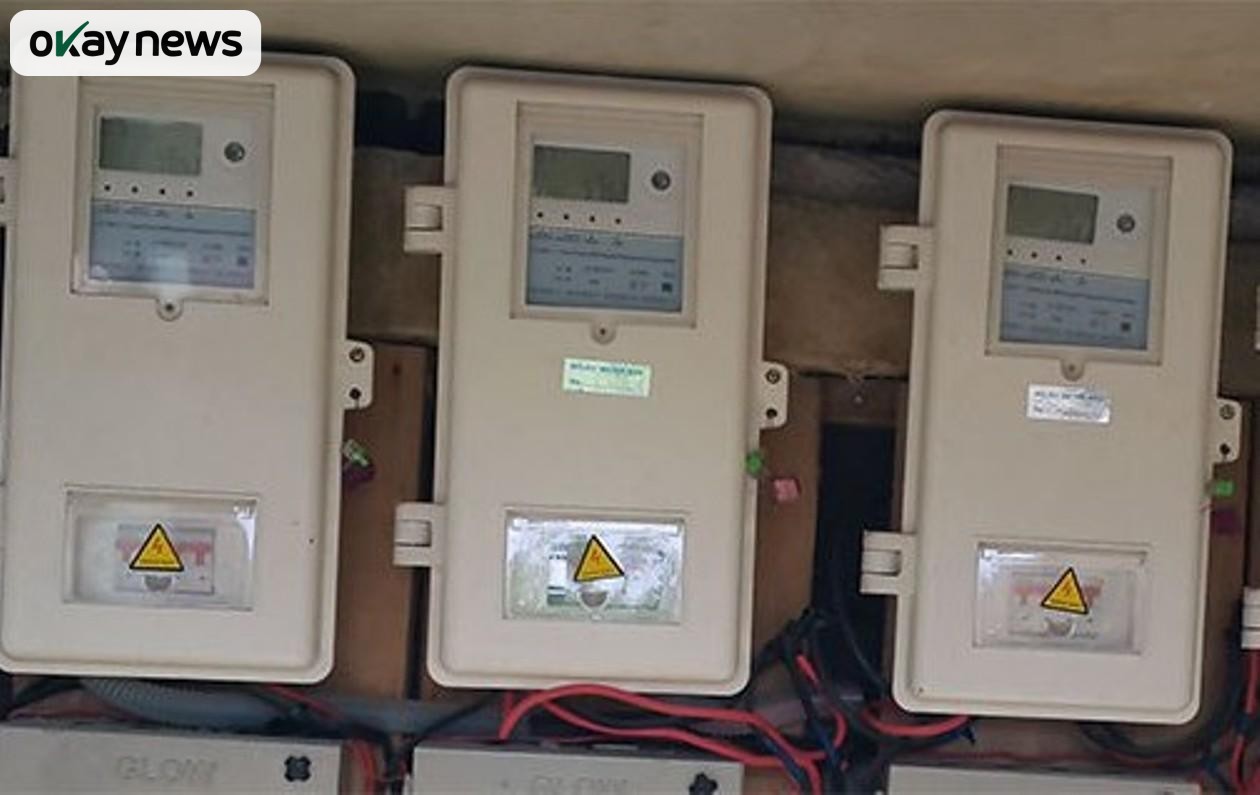Okay News reports that DisCo debts have emerged as one of the biggest obstacles preventing lenders from financing new grid-connected power projects in Nigeria, according to industry experts who spoke at the Lagos Chamber of Commerce and Industry (LCCI) Power Conference held in Lagos on November 22, 2025. The scale of these DisCo debts and the unclear regulatory environment continue to dampen investor confidence across the sector.
Senior Vice President at Stanbic IBTC Infrastructure Fund, Jumoke Ayo-Famisa, said project financiers are increasingly cautious when assessing grid-scale or embedded power plants. She explained that developers must demonstrate clear off-taker arrangements before lenders consider projects, underscoring how DisCo debts complicate contractual certainty.
Ayo-Famisa noted that a key concern for financiers is whether cash collections from new power projects may be exposed to the financial instability created by legacy DisCo debts. She said lenders want clarity on whether revenue streams are ring-fenced, protected from commingling, and backed by transparent cash-flow structures.
She added that tariff uncertainty further slows investment decisions. Several states now operate different subsidy positions under Nigeria’s decentralized power framework, raising concerns about which party bears tariff adjustments when costs rise—another risk compounded by persistent DisCo debts.
During the conference, Wola Joseph Condotti, Group Managing Director of West Power & Gas Limited, supported calls for deeper decentralization, saying local control improves tariff alignment and service outcomes. But she stressed that the sector still suffers from capacity gaps, with only a few of the original 11 DisCos remaining financially viable due to rising DisCo debts.
Condotti highlighted overlapping federal and state regulatory jurisdictions as another barrier to long-term investment. She warned that developers supplying electricity across state borders face competing compliance expectations, complicating project planning already constrained by unresolved DisCo debts.
Industry participants agreed that Nigeria’s infrastructure ambitions will stall unless government and regulators address legacy DisCo debts, improve contract transparency, and harmonize regulatory oversight. Clearer frameworks would help attract private capital needed to expand grid infrastructure and boost national energy reliability.
Okay News reports that the passage of the Electricity Act 2023—which empowers states to regulate electricity within their territories—offers opportunities for reform. With 23 states already establishing new electricity markets, resolving entrenched DisCo debts will be central to scaling grid-connected generation projects in the coming years.







